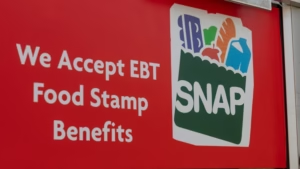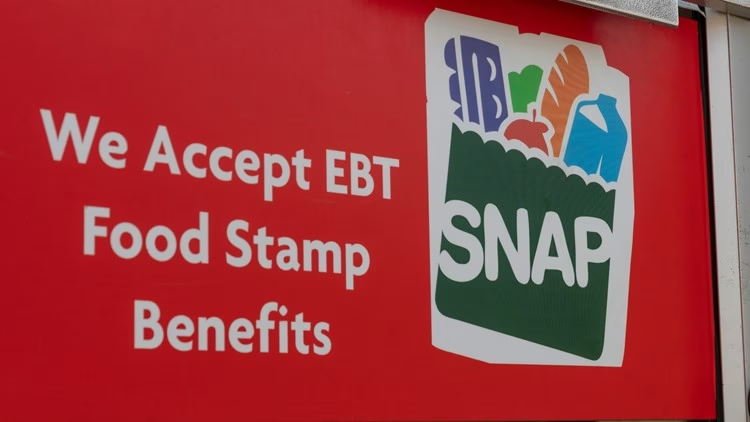Anxiety is surging across Massachusetts as households on federal nutrition benefits face the imminent threat of missing November payments if the partial federal shutdown is not resolved by October 27.
Over one million low-income Massachusetts residents will lose food assistance if benefits are interrupted.
The U.S. Department of Agriculture’s Food and Nutrition Service told state agencies that if the shutdown goes past October 27, there will be no November funding.
This technical deadline means that state agencies cannot schedule benefits without congressional approval of spending.
Consequently, a November funding shortfall would mean no reloads to the benefit cards used to purchase groceries. Families who already stretch expenses at month’s end could be left with no margin for food, with immediate effects on children, isolated seniors, and workers with unstable incomes. Local social services are already reporting an uptick in requests for food aid by the third week of October, in anticipation of a month without benefits.
The Massachusetts Department of Transitional Assistance has issued precautionary guidance to beneficiaries: use October credits sparingly, stock up on essentials where possible, and check in with nearby support sites (such as community centers and food pantries) to be added to distribution routes. Officials stress that any emergency supplements would not make up for a full month of lost federal funding.
The federal nutrition program depends on annual appropriations passed in spending bills. Given the shutdown began on October 1, operating reserves are being depleted, and after October 27, the technical scheduling of November reloads becomes impossible—even if the systems themselves remain functional.
Food banks and charities are preparing for a surge in demand. The Greater Boston Food Bank is expanding its hours and delivery services. Mutual aid groups also organize support. Still, volunteers cannot replace federal benefits for everyone. Supplies and capacity could be stretched by early November.
Lowell, Lawrence, Fall River, New Bedford, Brockton, and parts of Boston have many single parents, insecure workers, and homebound seniors. Even one missed month of federal benefits could lead to local crises, including longer food lines, reduced baby formula availability, and increased health risks.
Public agencies and nonprofit partners recommend that beneficiaries:
- Prioritize purchases of basic nonperishables (grains, legumes, powdered milk, canned proteins).
- Spread October shopping to avoid running out in the first week of November.
- Check your card balances regularly and report any anomalies to the relevant state authorities.
- Beware of scams promising “restoration” in exchange for fees or banking details.
- Register now with neighborhood distribution points to reserve a slot if needed.
If Congress passes a budget by the deadline, November benefits could arrive on time or with a short wait. If not, delays will likely occur, even after an agreement is reached, due to processing time. State officials advise planning for a tough month while hoping benefits will resume.








